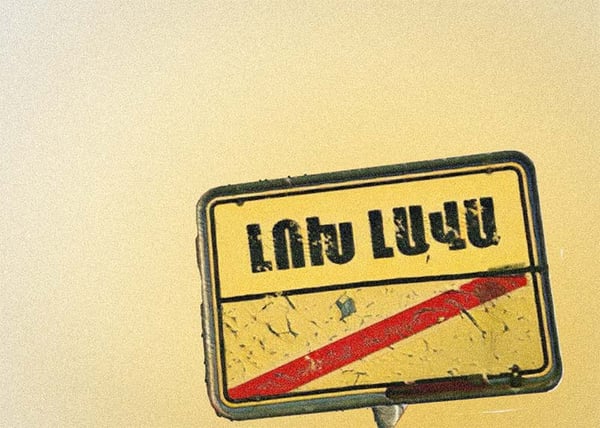Keeping the Karabakh dialect alive
When I first visited Nagorno-Karabakh in 2017, it felt unusual and weird to hear the Karabakh dialect of Armenian everywhere – from busy streets to local markets. Since this dialect is quite different from standard Armenian, I barely understood it. I was surprised to see that many signs, banners, and even instructions were written in the Karabakh dialect rather than Eastern Armenian.
Now, seven years later, the reality is very different. After Azerbaijan's full takeover of Nagorno-Karabakh in September 2023, almost all of the region's 120,000 native Armenians fled to Armenia. Their distinct Karabakh dialect can now be heard spoken by the displaced Karabakh natives throughout various parts of Armenia.
Since displaced Karabakh Armenians continue to face various socio-economic challenges in Armenia, preserving their unique dialect has not been of the highest priority for most of them. For some Karabakh Armenians, however, maintaining and using the dialect remains essential for preserving their strong regional identity.
Alarmed by their dialect's vulnerability outside of Nagorno-Karabakh, Lika Zakaryan and Tatevik Khachatryan created ”Muklimandil” and ”Podqat,” podcasts that are conducted entirely in the Karabakh dialect. Guests to both podcasts are Karabakh Armenians who share their stories on topics like conflict, language, identity, and displacement.
Podcast guests often point out the challenges that their dialect faces after the ethnic cleansing of Armenians from Nagorno-Karabakh. Many fear that discrimination from fellow Armenians can lead more and more Karabakh Armenians to slowly lose the ability to speak the dialect and use standard Armenian instead.
Across the continent, many languages and dialects have disappeared or diminished due to deportations, genocides, ethnic cleansing, and other atrocities. Sadly, many of those languages and dialects, like Irish, Crimean Tatar, Romani, and Scottish Gaelic, have never fully recovered. It is difficult to guess what the future holds for the Karabakh dialect of Armenian, but initiatives like ”Muklimandil” and ”Podqat” give hope that it will not meet the same fate as many extinct and endangered languages and dialects.

